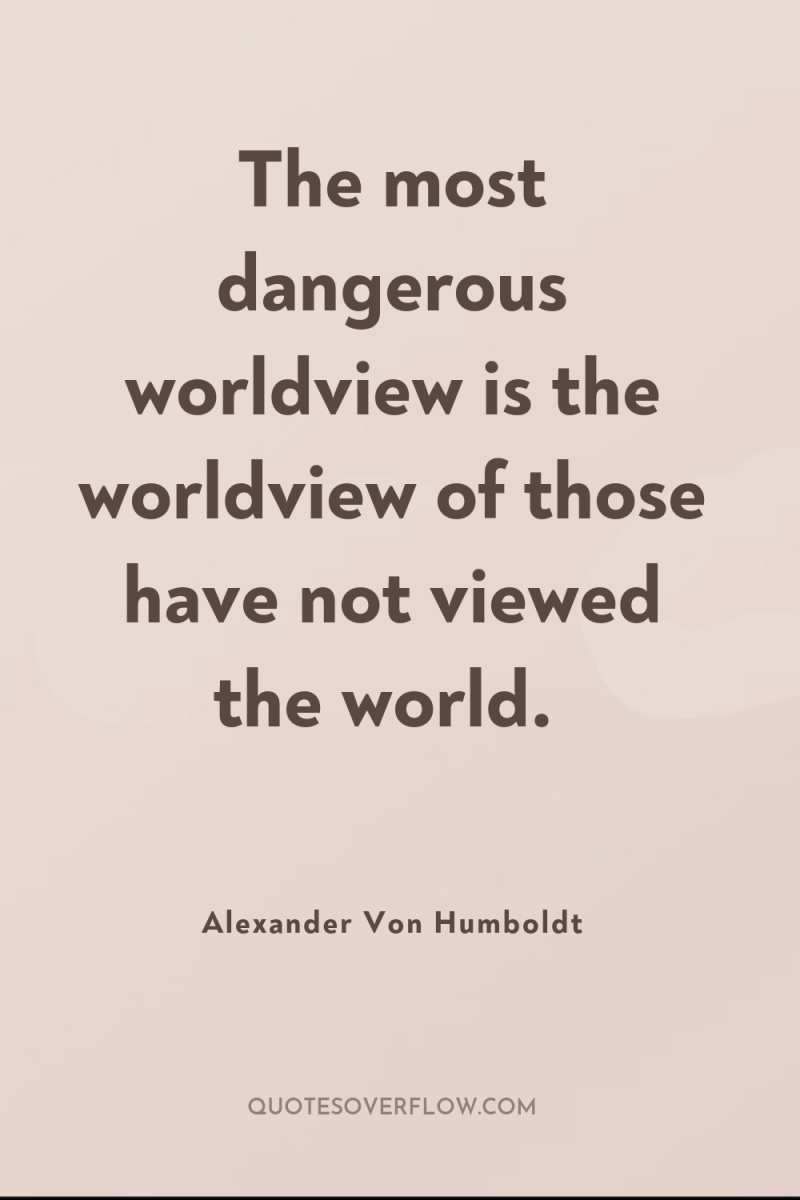Alexander von Humboldt, the son of the Prussian minister of education, was born in Berlin on June 14, 1769. He spent his childhood in the village of Tegernsee in Bavaria. Humboldt was educated at home by private tutors and his father introduced him to the classics at an early age.
When he was 18 years old Humboldt went to Italy for further study. He visited the universities of Padua (1782) and Bologna (1783–1784)
Read more
At this time he wrote his first work on science; it was titled Versuch einer kritischen Beschreibung der Entwickelungsschichen der Pflanzen (An Attempt at a Critical Description Of The Developmental Cycles Of Plants).
He then traveled to Strasbourg to take part in the lectures of Joseph-Louis Lagrange, one of Europe's foremost mathematicians. During this period he worked intensively on several scientific projects – including a catalogue of astronomical observations – which he began to publish as a series of reports under the title Annalen des Kuratoriums für die Beschreibung der auswärtigen Länder (Annals of the Board for the Description of Foreign Countries). In 1799 he published his first book, Über den menschlichen Verstand (On Human Understanding).
In 1800 Humboldt married Caroline von Wolff.
In 1801 they moved to Paris where he began work on a large collection of essays entitled Vom Ursprunge der Sprache (On the Origin Of Language). He also became friendly with Auguste Comte who strongly supported his concept of "philosophical history." Comte had been studying for some time on a new intellectual system which he called "religion positivistique." In 1806 Humboldt published a summary of this work as Projet d'une nouvelle physique du monde ou Nouveau système de la nature (Project For A New Physiology Of The World Or A New System Of Nature). This work further developed Humboldt's views on language and gave rise to what is now known as phrenology – his famous system for revealing personality traits through the measurement and examination of skulls – which is still practiced today.
In 1814 Napoleon was defeated and Humboldt returned to Berlin with Caroline
